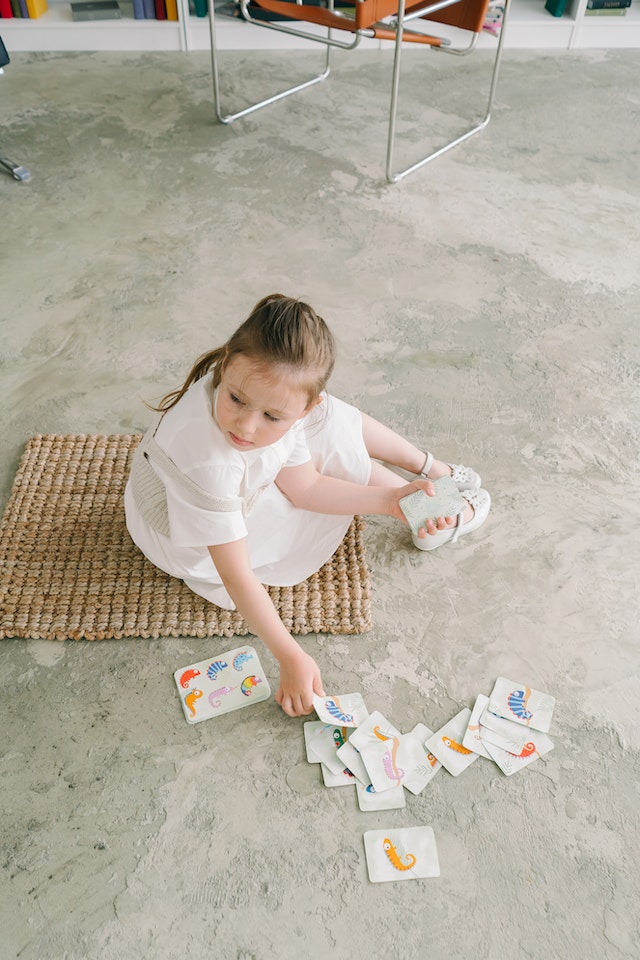Introduction:
As an experienced doctor with 36 years of practice, I understand the crucial role social and emotional development plays in shaping a child’s overall well-being.
Toddlers, in particular, are at a stage where they are discovering their own emotions, building relationships, and developing essential social skills.
In this article, we will explore effective ways to support your toddler’s social and emotional growth, ensuring they thrive in their early years.
Create a Nurturing Environment:
A nurturing environment forms the foundation for your toddler’s social and emotional development. Here are some key strategies to create such an environment:
Establish a Secure Attachment:
Foster a loving and secure relationship with your toddler through responsive caregiving, consistent routines, and physical affection.
This strong bond provides a sense of security and builds their trust in others.
Encourage Expression of Emotions:
Validate and acknowledge your toddler’s emotions.
Encourage them to express their feelings through words, gestures, or artwork.
Help them understand and manage their emotions by labeling them and offering appropriate coping strategies.
Provide a Structured Routine:
A consistent daily routine gives toddlers a sense of predictability, which fosters a sense of security and emotional stability.
Clear routines help toddlers understand expectations and develop self-regulation skills.
Foster Social Interaction:
Social interaction is essential for toddlers to develop critical social skills and learn to navigate relationships. Here’s how you can foster healthy social interactions:
Playdates and Group Activities:
Encourage your toddler to engage in playdates or group activities where they can interact with other children.
This provides opportunities for sharing, taking turns, and practicing basic social skills.
Model Social Behavior:
Be a positive role model by demonstrating respectful communication, empathy, and cooperation in your interactions with others.
Toddlers learn by observing, so your behavior sets the foundation for their social skills.
Encourage Sharing and Turn-Taking:
Teach your toddler the importance of sharing and taking turns through age-appropriate activities.
Engage in games or play situations that promote sharing, cooperation, and patience.
Promote Emotional Intelligence:
Emotional intelligence is the ability to recognize, understand, and manage emotions effectively. It is a crucial aspect of social and emotional development.
Consider the following strategies to promote emotional intelligence:
Label Emotions:
Help your toddler identify and label their emotions.
Use simple language to describe different feelings and encourage them to express what they are experiencing.
Teach Problem-Solving Skills:
Guide your toddler in problem-solving by encouraging them to think of solutions to simple challenges they encounter.
This helps them develop resilience, critical thinking, and emotional self-regulation.
Read Emotionally Rich Books:
Choose books that explore a range of emotions and discuss them with your toddler. This encourages empathy, understanding, and emotional vocabulary.
Encourage Positive Discipline:
Effective discipline strategies promote social and emotional development while nurturing a healthy parent-child relationship. Consider these techniques:
Set Clear Boundaries:
Establish age-appropriate rules and consistently enforce them.
Clear expectations help toddlers develop self-control and understand the consequences of their actions.
Use Positive Reinforcement:
Praise and reward your toddler for positive behaviors, such as sharing, kindness, and problem-solving.
Positive reinforcement enhances their self-esteem and motivates them to continue displaying desirable behaviors.
Time-In and Redirection:
Instead of resorting to time-outs or punitive measures, opt for time-in where you sit with your toddler to help them understand and manage their emotions.
Redirect their attention to more appropriate activities when they display challenging behaviors.
Conclusion:
Supporting your toddler’s social and emotional development is a rewarding journey that lays the foundation for their lifelong well-being.
Creating a nurturing environment, fostering social interactions, promoting emotional intelligence, and employing positive discipline techniques are essential strategies to ensure your toddler thrives during this critical phase.
Remember, each child is unique, and their development may unfold at different paces.
Embrace their individuality, offer unconditional love, and celebrate their milestones as they grow into confident, socially adept individuals.
![]()











